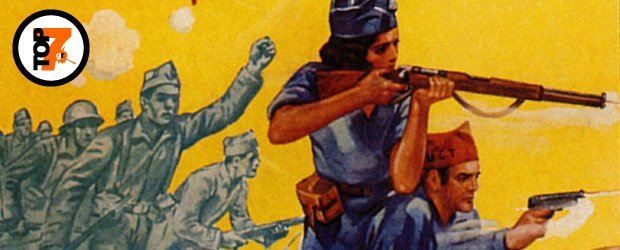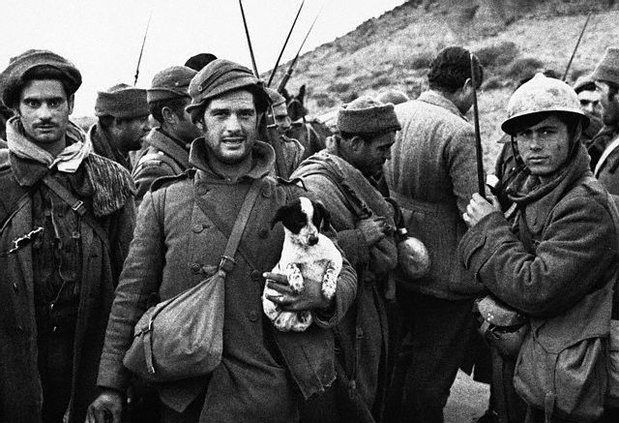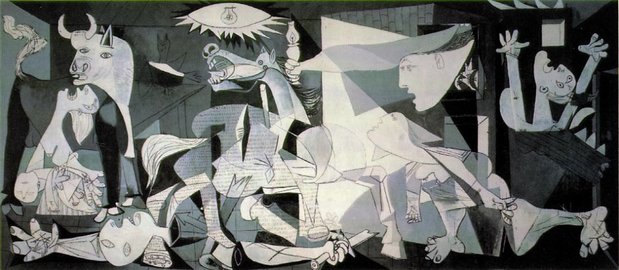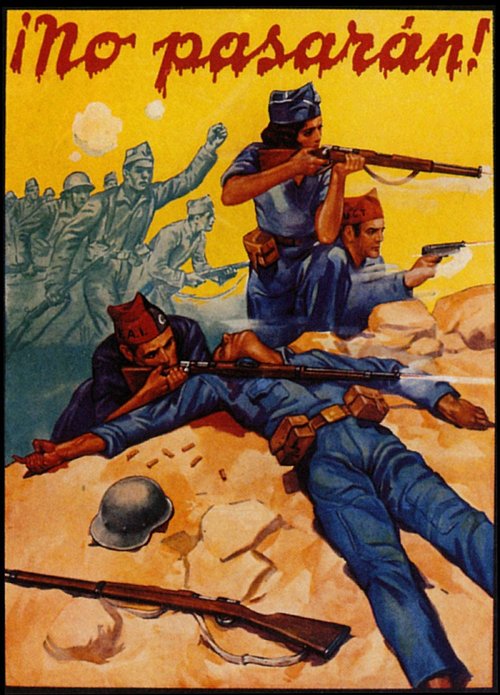The Top 7 Wars that would make awesome games
If games ever get tired of recycling the same historical settings, here are a few places we'd like to see them go
War has been used as a backdrop for countless games; it’s the easiest, most obvious way to create conflict to drive the story. Most of the time, those wars are completely fictitious. But even when they aren’t, the games that use them tend to go back to the same wells, over and over again: World War II, the modern-day conflicts in Iraq and Afghanistan and, occasionally, the Cold War or Vietnam. Other conflicts tend to be relegated to less story-driven strategy games, and while that’s great, we find ourselves yearning for an on-the-ground perspective of these conflicts and the eras in which they erupted.

Assassin’s Creed is one series that’s done historical re-creations well, and part of its charm is that it tends to use settings and conflicts that have largely been ignored by adventure games, like Italy and Constantinople during the 16th century’s assorted civil wars, or (most recently) the American Revolution. The opportunity to immerse ourselves in lesser-known (or just less-frequently seen) conflicts like that is something we’d like to see games offer more frequently – and we’ve got a few ideas for ones we’d like to explore.
7. The Spanish Civil War
What it was: For those who’ve actually heard much about it, the Spanish Civil War tends to be idealized as a black-and-white clash between fascism and democracy, which ended with the bad guys winning. Dig deeper, and you’ll find that – as is so often the case – the reality is much more complicated. Between 1936 and 1939, Spain was consumed by a chaotic mess of a conflict in which Nazis, Soviets, anarchist militias, monarchists, republicans, socialists and fascists created a country-sized test bed for World War II.

Above: Spanish Republican troops speak with reporters, circa 1937
On one side of the war were the fascist “Nationalists,” led by Gen. Francisco Franco, who had attempted to seize power in a coup against Spain’s elected government. On the other side was the Second Spanish Republic. The conflict quickly drew international attention, with Nazi Germany and Italy lending direct support to the fascists, and the Soviet Union, France and Mexico doing the same for the Republic. The Republic also drew volunteer support from the International Brigades, including the American Abraham Lincoln Brigade, as well as from a broad number of Marxist and anarchist militias.
As much as the war gets painted in idealistic shades, atrocities and purges directed at civilians were disturbingly common on both sides, and have since been immortalized in works ranging from Ernest Hemingway’s For Whom the Bell Tolls and Picasso’s Guernica. And while they’re generally remembered as the “good guys” of the conflict, the Republic – having lost most of its military to the coup – relied heavily on an unsteady coalition of pro-democracy forces, foreign fighters and anarchist and Marxist militias, all of whom had radically different ideas of how the country, and the war, should be run. Mistrust flared on all sides, the Soviets started cracking down on the militias, and the Republic tumbled into disarray. Meanwhile, Franco’s forces were not only united, but backed by the formidable Nazi war machine. In just three years, the war ended with an early, pre-World War II victory for the fascists, who would remain in power until Franco's death in 1975.

Above: Guernica, Picasso's rendition of the eponymous town's bombing at the hands of the Luftwaffe
Sign up to the GamesRadar+ Newsletter
Weekly digests, tales from the communities you love, and more
Why it’d make an awesome game: Disregarding the fact that it's an incredibly depressing war in retrospect, the Spanish Civil War was one of the last to inspire a sense of political idealism and adventure in those who signed up to fight it. For those in the International Brigades, here was a chance to join in an international effort to smash fascism and Nazism before they could spread, and to reaffirm the importance of democracy in a world that was still only beginning to emerge from centuries of monarchies and despotism. The idea of being able to join in with that spirit vicariously (read: without the threat of being shot to pieces by German warplanes) is a pretty compelling one.

Above: "No pasaran!" ("They shall not pass!") was a widely seen motto during the siege of Republic-held Madrid
Also, have you read or seen For Whom The Bell Tolls? An American demolitions engineer and a little band of freedom fighters trying to blow up a mountain bridge is a fantastic starting point for a game. Seriously.



